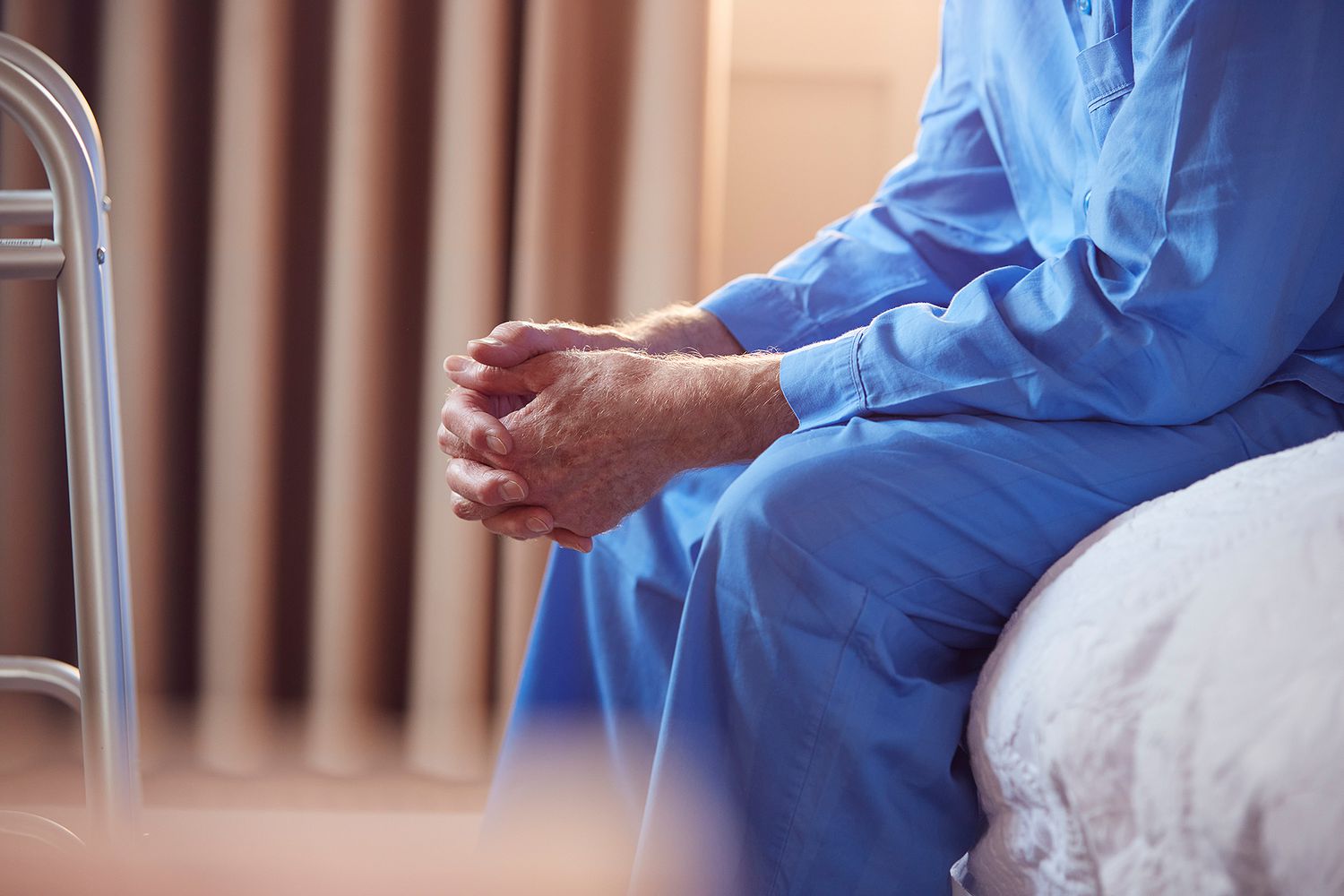
Americans who suffer from dementia have a "significantly increased risk" of contracting COVID-19, according to a new study published in the Alzheimer's Association Journal.
Researchers analyzed 61.9 million electronic health records of people age 18 and older in the United States, reported from the onset of the pandemic through Aug. 21, 2020. The data was compiled from 350 hospitals and 317,000 health care providers across the country.
Their findings showed that COVID-19 patients with dementia were 2.6 times more likely to be hospitalized than those without dementia and they were 4.4 times as likely to die. The study also determined that Black dementia patients are twice as likely to be infected by COVID‐19 than their White counterparts.
Experts believe that dementia patients are more vulnerable to the virus due to a number of factors — outside of the typical characteristics such as old age, obesity and diabetes that are also known risk factors for Covid-19.
RELATED: Faster-Spreading U.K. COVID Strain Is Moving Rapidly Through the U.S., Study Finds
One reason for the observed high risk could be impaired memory, which researchers said could limit a dementia patients' "ability to comply with recommendations for social distancing, mask wearing, or hand washing."
New York resident Cheri Davies, whose husband suffers from Alzheimer's echoed this in an interview with ABC News 10 last week.
"When you have someone who can't remember how to do basic things, just having a mask with them at all times is challenging," Davies said.
Additionally, damage to the blood-brain barrier (a known cause of dementia) can make patients more susceptible to COVID-19, as prior studies found that increased blood-brain barrier permeability in patients with dementia predisposes them to bacterial and viral infections.
Never miss a story — sign up for PEOPLE's free daily newsletter to stay up-to-date on the best of what PEOPLE has to offer, from juicy celebrity news to compelling human interest stories.
Dr. Kenneth Langa, a professor of medicine at the University of Michigan who was not involved in the study, told The New York Times that dementia patients are also often vulnerable to the care and social responsibility of others.
"Folks with dementia are more dependent on those around them to do the safety stuff, to remember to wear a mask, to keep people away through social distancing," Langa said. "There is the cognitive impairment and the fact that they are more socially at risk."
RELATED: Adults Aged 35 to 49 Were the Biggest Cause of COVID Spread, Study Finds
Researchers of the new study noted that "due to the limited number of patients with dementia and COVID-19" in their database, as well as "limited information for socioeconomic determinants, behavioral factors, and lifestyle factors" they were incapable of determining how exactly all of these elements may have contributed to a higher risk for COVID-19 in patients with dementia.
However, the study authors did affirm that their "study highlights the need to protect patients with dementia, especially those who are Black, as part of the strategy to control the pandemic." (Previous studies have also shown that Black communities account for a disproportionate amount of coronavirus cases and deaths in the U.S.)
Based on their recent findings, researchers also warned that they anticipate the onset of dementia to be one of the long-term neurological effects on COVID-19 survivors.
"[We] expect higher prevalence of dementia in patients with COVID‐19 compared to the non‐infected population in the future," experts said.
As information about the coronavirus pandemic rapidly changes, PEOPLE is committed to providing the most recent data in our coverage. Some of the information in this story may have changed after publication. For the latest on COVID-19, readers are encouraged to use online resources from the CDC, WHO and local public health departments. PEOPLE has partnered with GoFundMe to raise money for the COVID-19 Relief Fund, a GoFundMe.org fundraiser to support everything from frontline responders to families in need, as well as organizations helping communities. For more information or to donate, click here.
Source: Read Full Article